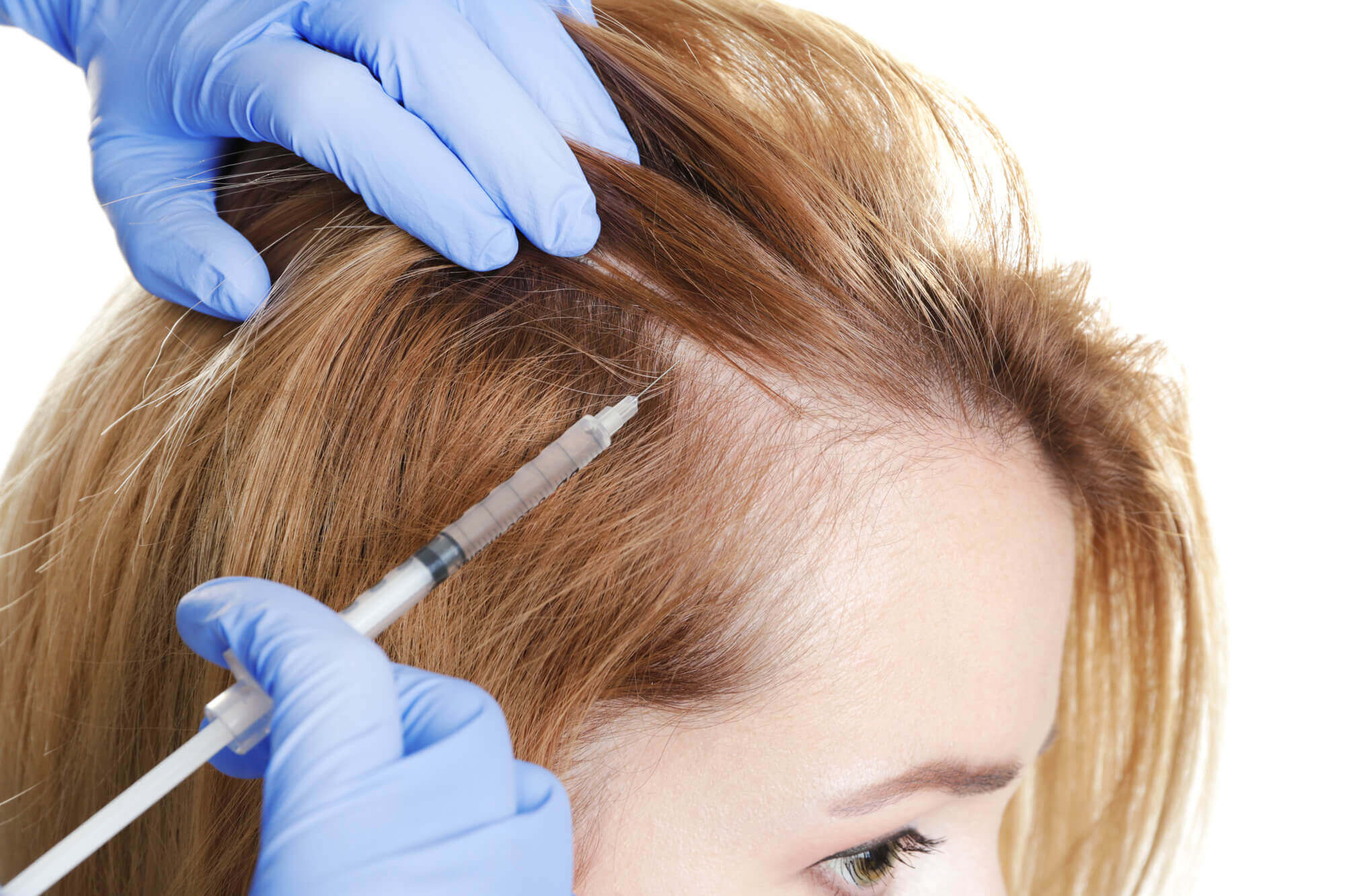5 Signs Of Elder Abuse You Should Be Watching Out For
As the Baby Boomer generation continues to age into their retirement years, the number of seniors in nursing homes is increasing. Adult children and family members are wary that their loved ones are receiving the treatment and support that they deserve. Many are worried that they may become victims of elder abuse.
Although it’s not something that we like to think about, elder abuse is a reality. Over staffed nursing homes and below-average conditions in nursing homes are a real concern for families. Injuries, illnesses and emotional abuse at the hands of staff members is something that you need to be on the lookout for.
Read: Tips on How to Improve the Quality of Life for Older Adults
Nursing home abuse is a real concern for many families. Although you may not be able to visit your loved ones as often as you would wish, you should be able to take comfort in the fact that they are being well cared for in your absence.
If you are concerned about abuse, here are a few of the things that may indicate a problem.

5 Signs of Elder Abuse to Watch Out for
-
1Changes in Personality
Seniors that are experiencing emotional and physical abuse at the hands of their caregivers are likely to undergo changes in their personality. If you notice that the personality or mood of your loved one has started to change there may be a problem.
Patients that live in fear are more likely to experience depression, and become uncharacteristically withdrawn and agitated when dealing with staff members.
-
2Unresponsive
If your loved one is being overmedicated you will notice a change in their behavior pretty easily. Over sedation is a common form of elder abuse.
If your loved one has become lethargic, is sleeping more than normal, or is unresponsive and groggy, they may be overmedicated. It’s a good idea to talk to the doctor in charge and demand a review of all current medications and doses.
-
3Poor Hygiene
It’s the responsibility of the nursing home staff to assist their residents in bathing and personal hygiene. If you notice that your loved ones’ hygiene is beginning to deteriorate it could indicate a problem.
Unkempt or uncut hair, the smell of sweat, urine or feces are common signs that residents are not being properly looked after.
-
4Sores & Infections
Many residents need a lot of physical help when they move into a nursing home. Moving patients to different positions, helping them get in and out of bed, and making sure that sanitary diapers and catheters are properly cleaned should be done regularly.
If your loved one is having issues with bedsores, skin infections or issues with their catheters it could be a warning sign of neglect.
-
5Injuries & Bruises
Physical elder abuse can take the form of hitting, slapping and even kicking by staff members. Although seniors can tend to bruise easily, finding too many unexplained bruises, cuts and injuries can mean that there is a problem.
Wrap Up
If you suspect that your loved one is a victim of nursing home elder abuse, it’s your responsibility to advocate on their behalf. Report your suspicions immediately to the management team and talk to your loved ones about their concerns.
Help protect your family members and work to bring awareness to the problem of elder abuse by taking action if you suspect that there is a problem.
























Thanks for pointing out that lethargy and too much sleep can be a sign of elder abuse. My grandfather has been in a nursing home for two years now and just last month, I’ve noticed that he has become a lot less cheerful than the other times when I visit him. Maybe I should look into this more and try to talk about this with an expert on elder abuse law.